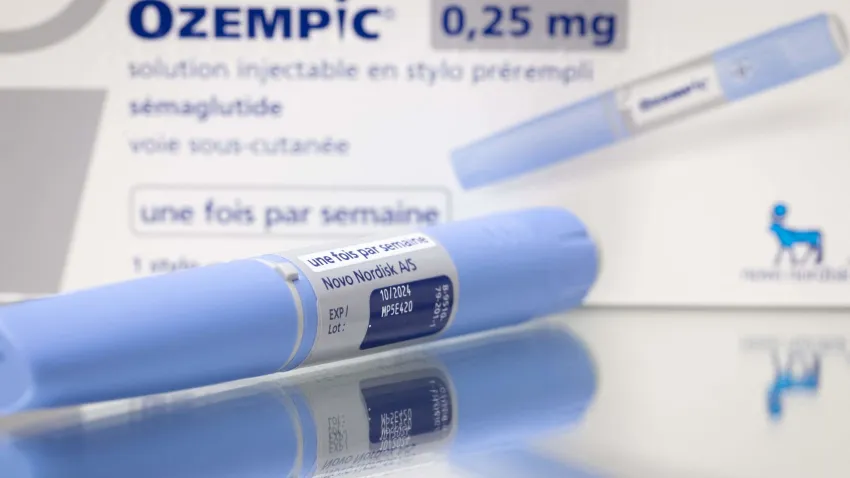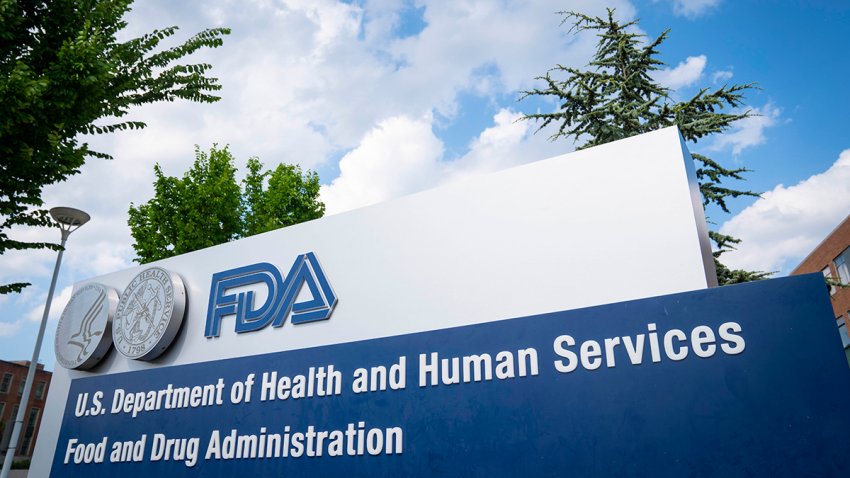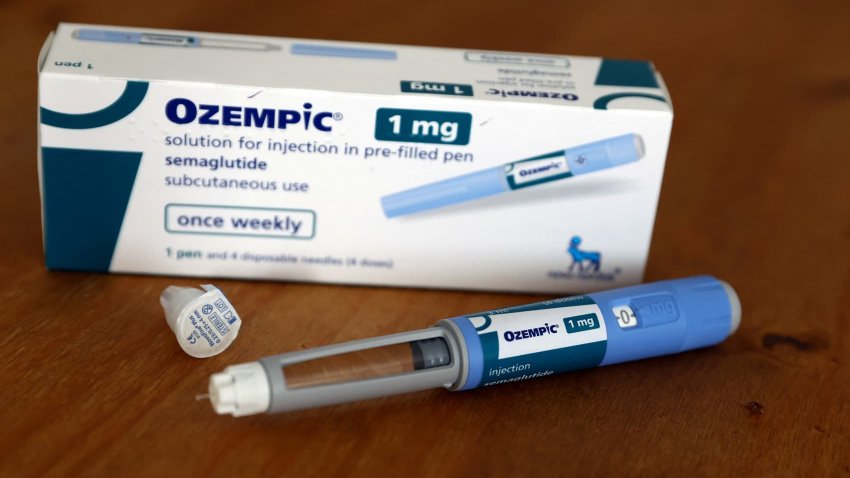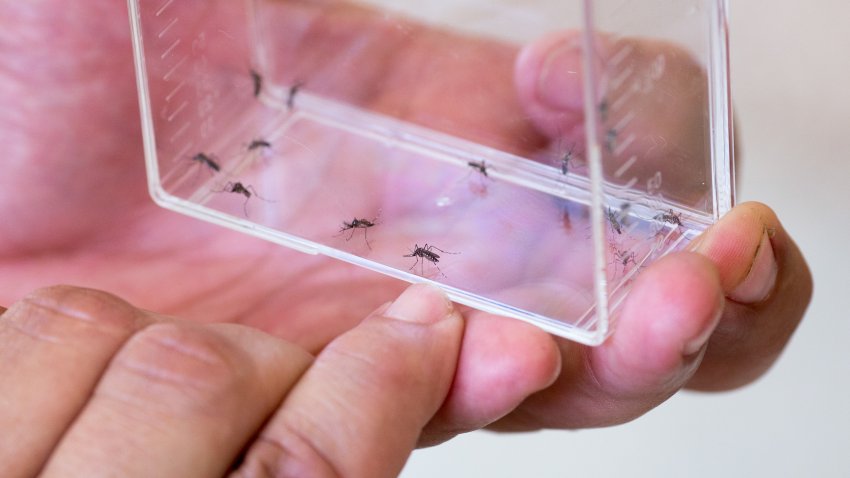-

Senate launches investigation into high prices of Ozempic and Wegovy in the U.S.
Before insurance, Novo Nordisk charges about $1,000 per month for Ozempic in the United States. In Germany, the company charges $59 per month for the same drug.
-

Doctors combine a pig kidney transplant and a heart device in a bid to extend woman's life
A New Jersey woman who was near death has received a transplanted pig kidney, part of a dramatic pair of surgeries that also stabilized her failing heart. Doctors at NYU Langone Health say 54-year-old Lisa Pisano is recovering well.
-

Meet the women who pioneered the development of IVF
These are the women who played a role in the development of IVF, from Miriam Menkin in the 1930s to Georgeanna Seegar Jones in the late 70s and 80s.
-

FDA faces backlash over approval of genetic test for opioid addiction risk
In a letter to the agency, a group of experts called on the commissioner to revoke its approval, saying the test doesn’t work.
-

How the brain chooses which memories are important enough to save and which to let fade away
New research reveals why certain events remain clear in our minds and suggests ways to improve the likelihood of lasting memories.
-

Woman, 36, shares what awake brain surgery is like — and why Taylor Swift played a role
While undergoing awake brain surgery, 36-year-old mother Selena Campione sang her and her daughters’ favorite Taylor Swift songs to get through the procedure.
-

Novo Nordisk's $1,000 diabetes drug Ozempic can be made for less than $5 a month, study suggests
Researchers found Novo Nordisk’s Ozempic could be manufactured for an estimated 89 cents to $4.73 for a month’s supply, figures that include a profit margin.
-

Puerto Rico has declared an epidemic following a spike in dengue cases
Puerto Rico’s health secretary declared an epidemic on Monday following a spike in dengue cases.
-

Rare disorder causes man to see ‘demonic' faces
The condition causes faces to appear distorted. “My first thought was I woke up in a demon world,” the patient said
-

A new type of bacteria was found in 50% of colon cancers. Many were aggressive cases
Scientists discovered that a common type of bacteria has two distinct subspecies. One of them shields tumor cells from cancer treatment.
-

A Navy SEAL was convinced exposure to blasts damaged his brain, so he donated it to prove it
Before he ended his life, Ryan Larkin made his family promise to donate his brain to science.
-

In two early trials, blood cancer treatment appears promising for deadly brain tumor
A modified version of CAR-T therapy, which is used to treat leukemia and lymphoma, was found to be safe in two small, early clinical trials.
-

A Harvard nutritionist and a neuroscientist agree this is the No. 1 food for a healthy brain
This is the No. 1 food that a Harvard nutritionist and a Harvard-trained neuroscientist agree are key for great brain health.
-

Alabama lawmakers aim to approve immunity laws for IVF providers
Alabama lawmakers, who face public pressure to get in vitro fertilization services restarted, are nearing approval of immunity legislation for providers.
-

Officials investigate rare nervous system disorder in older adults who got RSV vaccine
Health officials are investigating whether there’s a link between two new RSV vaccines and cases of a rare nervous system disorder.
-

What to know about how the Alabama Supreme Court ruling that frozen embryos are children could affect IVF
The Alabama Supreme Court recently ruled that frozen embryos can be considered children under state law. This is raising concerns about how the decision could affect in vitro fertilization, commonly known as IVF.
-

Mothers always felt like they carried their children in their hearts forever. Now science says it's true
Mothers often feel connected to their children; now science tells us that that the connection is literally true … and that idea is bringing comfort to a number of women who have suffered a loss.
-

FDA says cancer treatment CAR-T therapy may increase risk of cancer
The agency is requiring drugmakers to add a warning label to its CAR-T therapy products, but it noted that the benefits of the treatment still outweigh the potential risks.
-

Cervical cancer increasing in women in their 30s and 40s, new report finds
After decades of good news in the fight against cervical cancer — marked by decades of steady declines in cases and deaths — a new report suggests that some women are being left behind.
-

Custom made by students, mobility chairs help special needs toddlers get moving
Nineteen-month-old Elijah Jack is unable to walk like most toddlers his age. Special needs children like him often take longer than most to become independently mobile.

